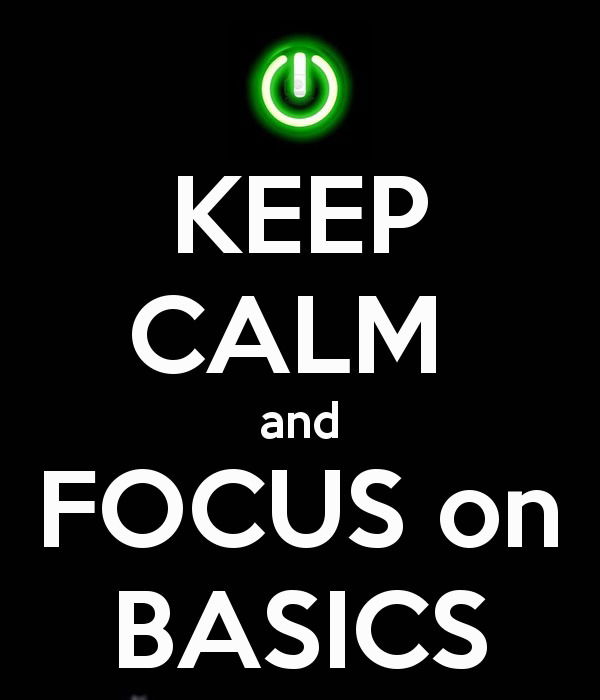Tips for Scoring 168+ in GRE Quant | GRE Preparation Tips
The application deadline for Fall 2020 is around the corner. If you do not score your dream, you are mostly preparing to take the GRE or retake the exam. The month of October is delayed with its low GRE score and no time to return.
You are taking GRE in a month and you are targeting an overall score of 168+ and 320+ in GRE volume. What would you do?
I topped my class from nursery to 12th board. In fact, I scored Perfect 100 in both my high school qualifying exams. During my undergraduate studies, I used to score excellently in Mathematics. I believed, the quantity was my strength, and I could conquer any mathematics in this world. After practicing around 100 questions before making my first GRE attempt, I was sure that I would make a perfect score of 170 in the Quant section.
Self-reflection
Coming back home, I kept questioning myself why I messed with my strongest point - Maths! As I reflected over the next 2-3 days, I understood that I would carefully memorize the basic mathematical principles of arithmetic, number systems, geometry, and mensuration.

Although I could solve problems at home in a calm and quiet environment without time and accuracy performance pressures, the scenario in the exam is different. Apart from the lapse of concentration, the biggest obstacle to human success is improper time management.
Related Articles:
- Required GRE Scores for Top Canada Colleges/ Universities- GRE Cut Off Marks
- Required GRE Scores for Top UK Colleges/ Universities – GRE Cut Off Marks
- Required GRE Scores for Top US Universities- GRE Cut Off Marks
- 3 Months GRE Study Schedule for Beginners
- 1 Month GRE Study Schedule
Brush your maths
To manage time in the GRE exam efficiently, it is necessary to know the basics of mathematics, be it arithmetic, number system, geometry, data interpretation or menstruation. Every candidate should know the theory behind the problems faced on the GRE. Only if you know the theory, you can face a problem with ease and confidence, thus answering in 1.5 minutes time per question.

After realizing my mistake, I started learning the basics and deeply revised them with their application. From basic techniques to advanced techniques to structured studies, I, fortunately, learned many short cut tips and tricks to solve GRE problems in 30 seconds or less, to modify or resume data interpretation questions. Permission is granted which is often long and takes time.
I appeared for GRE after learning the basics and practicing another 200 questions. I made 167 easily. I was still not happy. But at least I came to know that these are the basics that were lacking in my first attempt.
Focus on basics
Most GRE takers are tempted to study basic concepts and jump straight into the difficult parts of GRE preparation. However, it proves that no matter how much you practice or solve the questions until you know the basics, you cannot boost your score beyond 305. Many examinees can score 310 with a messy combination of 165 (witnesses). 145 (Verbal) which would ultimately be of no use to the schools with the most dreams for graduation.

Examiners often have some extreme confidence in their understanding of a given topic, be it mathematics or vocabulary. Poor basic but the good practice may make them feel like they are ready for the test. But history says that 'little learning is a dangerous thing'. Therefore, when they actually take the test, their lack of proper understanding of the basics confuses them completely and ruins the score.
Fortunately, the GRE is not as favorable as it was in 2014 (the year I first appeared!), So if I had a poor start, not getting better later would have affected my score more. Luckily for 2019 candidates, however, the GRE is only section-adaptive and the difficulty level does not change with every passing question like in the past. Therefore, the examinees initially have some vulnerability to mistakes but are limited.
Fall 2020 Deadlines Are Booming
 The season of the application is around the corner, most of you are preparing to take the GRE or retake the exam if you have not scored your dream. There is no time to delay and return with its low GRE score in the month of October, blaming it on an inadequate understanding of some basics. It is time to revise the basics, learn easy calculation techniques, and dive into test preparation.
The season of the application is around the corner, most of you are preparing to take the GRE or retake the exam if you have not scored your dream. There is no time to delay and return with its low GRE score in the month of October, blaming it on an inadequate understanding of some basics. It is time to revise the basics, learn easy calculation techniques, and dive into test preparation.



